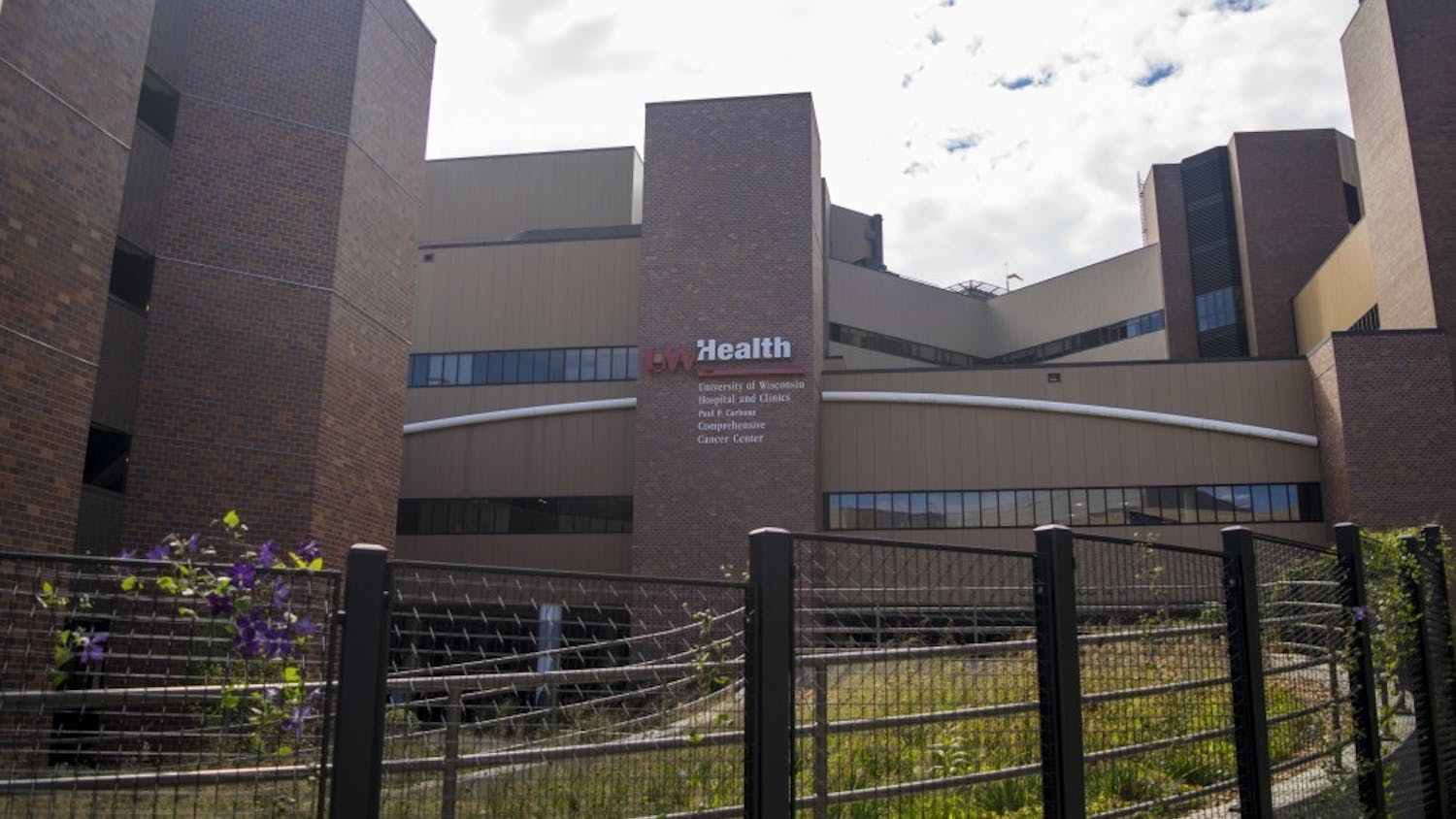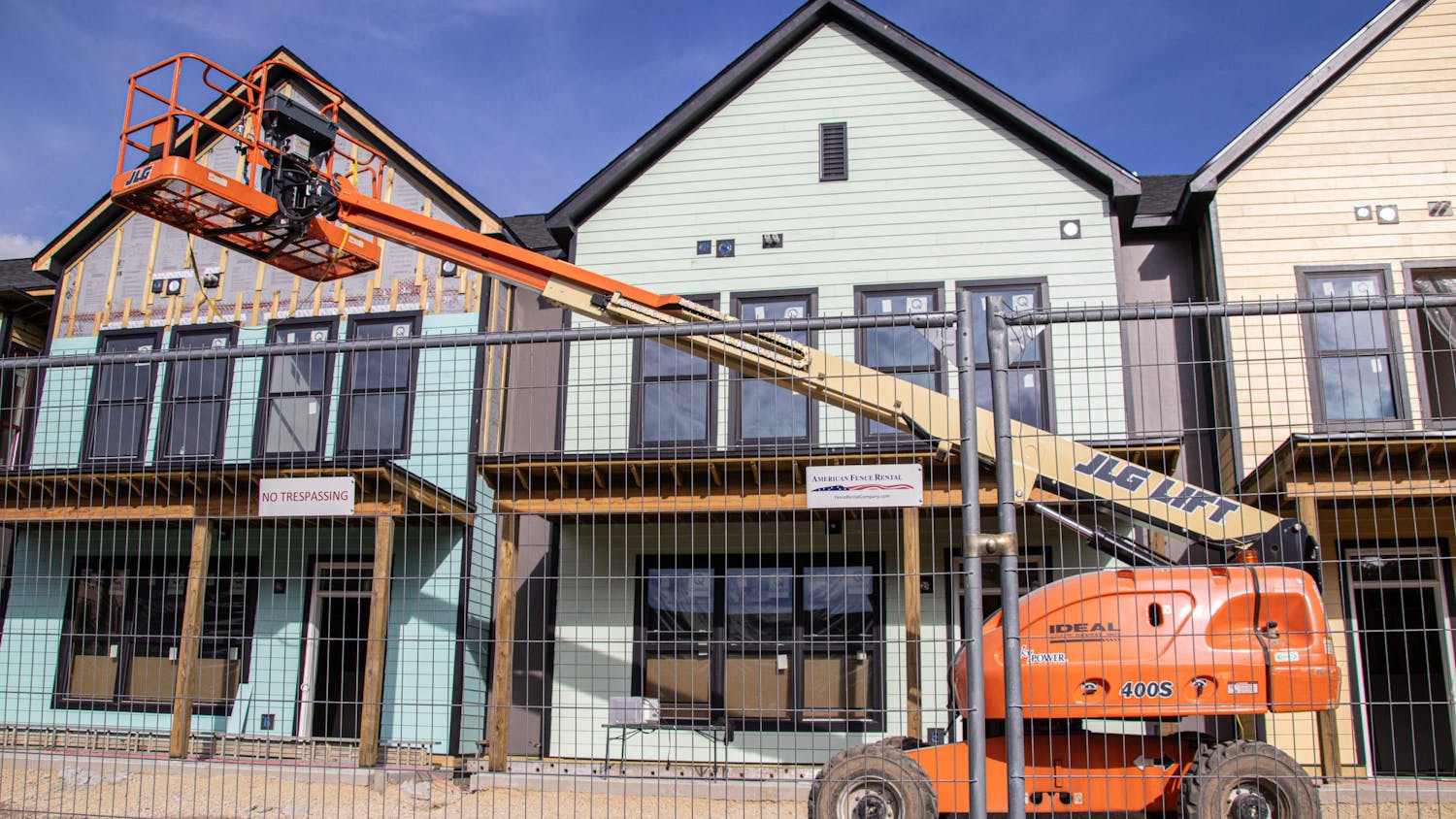SALT LAKE CITY'Many don't realize it; many ignore it; some feel helpless in the face of it and shield their eyes'but it is real. There is poverty in the United States. I could quote some shocking numbers of poverty rates or of how many children die each year of treatable illnesses in one of the richest nations in the world, but the numbers aren't important'what matters are the faces, the individuals and the stories.
The story of In Hui Lee is an example of the catch-22 of welfare and education. Lee ended up on welfare after fleeing an abusive relationship with her two children. As she looked for a job, she realized that even if she worked three different jobs, she still wouldn't be able to make rent; she then decided that higher education was the only way to escape the trap of poverty. In order to keep her benefits and go to school, she found herself going to college full time, working part time and organizing to help others in her situation'all while raising her children.
She is only one member of the Kensington Welfare Rights Union, \a multiracial organization of, by and for poor and homeless people."" It is the founding group of the now internationally affiliated Poor People's Economic Human Rights Campaign.
Kensington, the poorest region in Pennsylvania, is a neighborhood in Philadelphia. In April 1991, people there began to organize in reaction to the governor's welfare reforms, which threatened their very survival. Since then, KWRU has marched across states, taken over abandoned houses and even camped out for months in the Pennsylvania Capitol Rotunda to bring attention to the problems of poverty in America'welfare reform, unavailability of health care, the destruction of affordable housing and the inability to make a life on minimum wage. They march and organize to break the stereotypes and to ""reclaim their economic human rights.""
From Feb. 4 to 8, the KWRU and representatives from movements and organizations across the world converged on Salt Lake City for four days of conferences on issues ranging from child care within a social movement to using the media to break stereotypes of poor and homeless people.
Events culminated with the March for Our Lives on the opening day of the Olympics. Students, welfare mothers and fathers (present and former), recovering drug addicts, homeless people, poor people, environmentalists, members of the deaf community and children marched with signs, songs and purpose. KWRU is working toward a universal movement to end poverty led by the poor themselves. Everyone wore green scarves to show solidarity with the largest peasant movement in the world'the landless movement in India and an affiliate of KWRU.
The location and date were significant because, prior to the Olympics, Utah undertook a ""clean-up"" of homeless people. They arrested many, keeping them imprisoned for negligible reasons, and set up shelters 50 miles out of the city to draw the homeless away from downtown venues'essentially waging a campaign to hide the poverty in America from the eyes of the world.
This is only one instance of the systematic marginalization and silencing of the poor in America. They are silenced every day in a thousand ways through institutions, politics and, perhaps most debilitating, through stereotypes. The refrain of one of the songs was very symbolic of the purpose of the march: ""Went down to the rich man's house to take back what he stole from me'take back my dignity, take back my humanity.""
We marched to break the silence and to grace society with the presence of those who have slipped through the cracks of the system. One marcher, A' Quell, is a man who ""wanted to be a police officer and ended up an outlaw,"" but is also a poet, singer, self-appointed peacemaker, mentor to all and a recovering addict.
The march was greeted by hundreds of police officers, and while they behaved in a polite and restrained manner, their gentleness could not obliterate the irony of their presence. I carried 5-year-old Sandra, for whom a needed trip to the dentist poses a desperate financial struggle for her family, while the officers were decked gaily in expensive yellow ski jackets and snow pants new for the Olympics.
If only the attention paid to us for a few hours could be paid in a different context. If only instead of asking how they could keep this from becoming a scene they asked, ""How can we make a difference?""
The poor people's economic human rights campaign is about breaking the silence of the poor and crossing the boundaries that divide us into class hierarchies to create a true sense of loving community. It isn't just their struggle'it is our struggle. The marginalization of poor people in the United States and across the world decreases the quality of life for all of us because it is like choosing to ignore one leg'to hop instead of walk.
Kate McCormack is a sophomore majoring in international studies and psychology.





